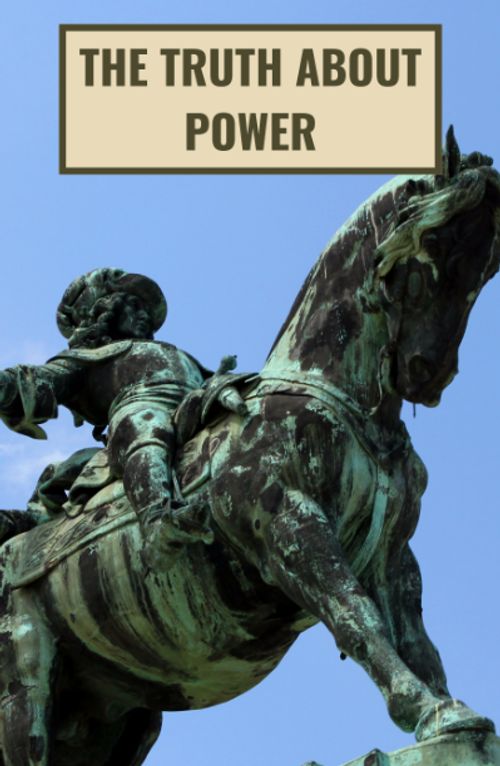9 harsh truths about power
Apr 22, 2022 · 2 mins read
0
Share
Introduction. James Burnham was a ex-communist who renounced his initial idealism and became a hard political realist. In his book The Machiavellians, he shares 9 powerful insights on the real goal of leaders, why reading speeches is worthless, how to judge cultures, and more 👇
Save
Share
Truth 1: "The primary subject-matter of political science is the struggle for social power in its diverse open and concealed forms." Politics is not about "the general welfare, the common good" or other such fictions. Politics is about who occupies and controls the ruling class.
Save
Share
Truth 2: "The laws of political life can't be discovered by an analysis which takes men’s words and beliefs, spoken or written, at their face value." Don't read speeches, look at people's actions - study who benefits. Stated beliefs are always a cover for the actual motivations.
Save
Share
Truth 3: "Logical or rational action plays a relatively minor part in political and social change." Change is actually driven by "environmental changes, instinct, impulse, & interest." Burnham says that the science of politics must study the non scientific basis of human action.
Save
Share
Truth 4: "The rule of the élite is based upon force and fraud." The elite can't reveal the truth about its motives, and therefore sell emotional stories like "will of the people." The force is often "hidden or only threatened," and the deception is subtle but relentless.
Save
Share
Truth 5: "The rule of an élite will coincide now more, now less with the interests of the non-élite." The best society doesn't put the masses in power - that is utopian daydreaming. The best society is the one where the interests of the elite have some overlap with the masses.
Save
Share
Truth 6: A society should be judged by how well it can defend itself, its "level of civilization," and how protected an individual is from the whims of the powerful. By level of civilization Burnham means "a high measure of material and cultural" sophistication.
Save
Share
Truth 7: Elites lose power when they're "unable to handle possibilities opened up by
technological advances and by the growth of new social forces." New technology like computers shifts around social power, and the ruling elite can suddenly lose power if they're not proactive.
Save
Share
Truth 8: Elites lose power when they're "unable or unwilling to assimilate rising new elements from the masses or from its own lower ranks." Upward mobility is good for the powerful - the powerless do need some stake in the existing system to keep contributing to its continuity.
Save
Share
Truth 9: You know the elite losing its grip on power when it "devotes little attention to the business of ruling, and turns its interests to such fields as culture, art, philosophy." Before elites lose power, they lose their confidence in their right to rule.
Save
Share
0
